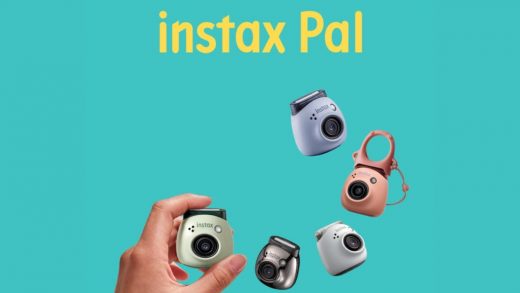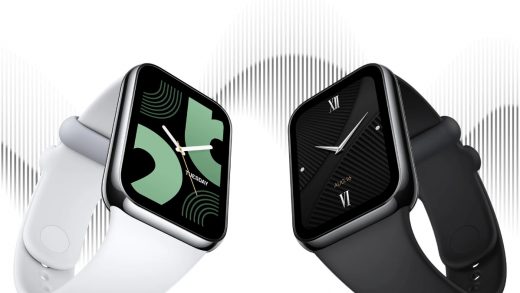:format(webp)/https://www.thestar.com/content/dam/thestar/entertainment/2023/01/21/from-the-millennial-pause-to-the-boomerang-why-gen-z-finds-these-social-media-habits-so-cringey/kimk.png)
Millennials are aging, a fact betrayed for many of us by the slow emergence of grey hairs, aching bones and severely painful hangovers.
But the dead giveaway, at least according to Gen Z, is our increasingly “cringey’ habits on social media — especially on platforms like TikTok, which are dominated by younger users.
Take, for example, the “boomerang.” Introduced on Instagram back in 2015, the feature allows users to stretch a one-second video into a six-second loop. Pretty neat, right?
Not according to Gen Z.
Another tell that you’re old? You take photos in “landscape” mode rather than “portrait” mode. To the millennial eye, the horizontal framing of the landscape mode feels more natural, and is better suited for apps like Facebook and Twitter. But try telling that to your younger colleague, who will point out that your photos look like hot garbage on Instagram and TikTok.
Recently, Gen Z has unearthed another awkward habit among the olds that they’ve dubbed the “millennial pause.”
(The phrase was actually first coined in late 2021, but these things take their time to filter down to people in their 30s.)
Essentially, the millennial pause occurs when a person filming themselves waits for a moment before they start speaking to the camera — a subtle but damning phenomenon that stems from the fact that millennials grew up using slower camera phones that took a second to “boot up” before the recording actually started.
In other words, the millennial pause simply is a vestigial behaviour — no longer necessary, but deeply rooted in the millennial psyche.
Examples are easy to find — and celebrities are not exempt — from Kim Kardashian to Taylor Swift to Neymar.
But what makes the boomerang or the millennial pause so awkward to Gen Z?
According to Jenna Jacobson, an assistant professor who studies social media and digital retail at Toronto Metropolitan University, these habits are simply a showcase of changing technological practices and norms.
“We’re social beings and we learn these practices from those around us, from those we follow and from those we interact with,” Jacobson explained to the Star. “Practices (like the millennial pause) — or even just the day to day practices of how millennials versus Gen Z share information — are both conscious and unconscious as we learn to use, live and share our lives with these technologies.”
Millennials and Gen Z, though relatively aligned on social and political issues compared to older generational cohorts, have different experiences with technology, Jacobson pointed out. Millennials can remember a time before social media, but for Gen Z, it’s been “a natural part of their lived experiences for as long as they can remember.”
In other words — and to paraphrase the Batman supervillain Bane — the darkness is not our ally … millennials merely adopted the dark. Gen Z was in born in it, moulded by it.
Teasing millennials, it seems, is simply one of many ways young people are distinguishing and expressing their cohort’s identity online.
“Gen Z, specifically, have expressed a noticeable pushback to the kind of perfect, stylized images posted on social media,” Jacobson pointed out. “There is a shift toward the perception of more authentic or real, unfiltered content.”
“This also coincides with the creation of certain platforms like the BeReal, more recently, which tries to provide those authentic, authentic connections. But really these are all just social media scripts and practices that we learn from one another.”
Of course, one generation making fun of another is nothing new.
So go ahead, and post a boomerang of yourself clinking glasses at a wedding using those cringey hashtags. Surely the Gen Z approach will look just as silly in five years times.
Plus, we’ll will always have the Boomers to make fun of and the Gen Xers to forget about.
JOIN THE CONVERSATION


